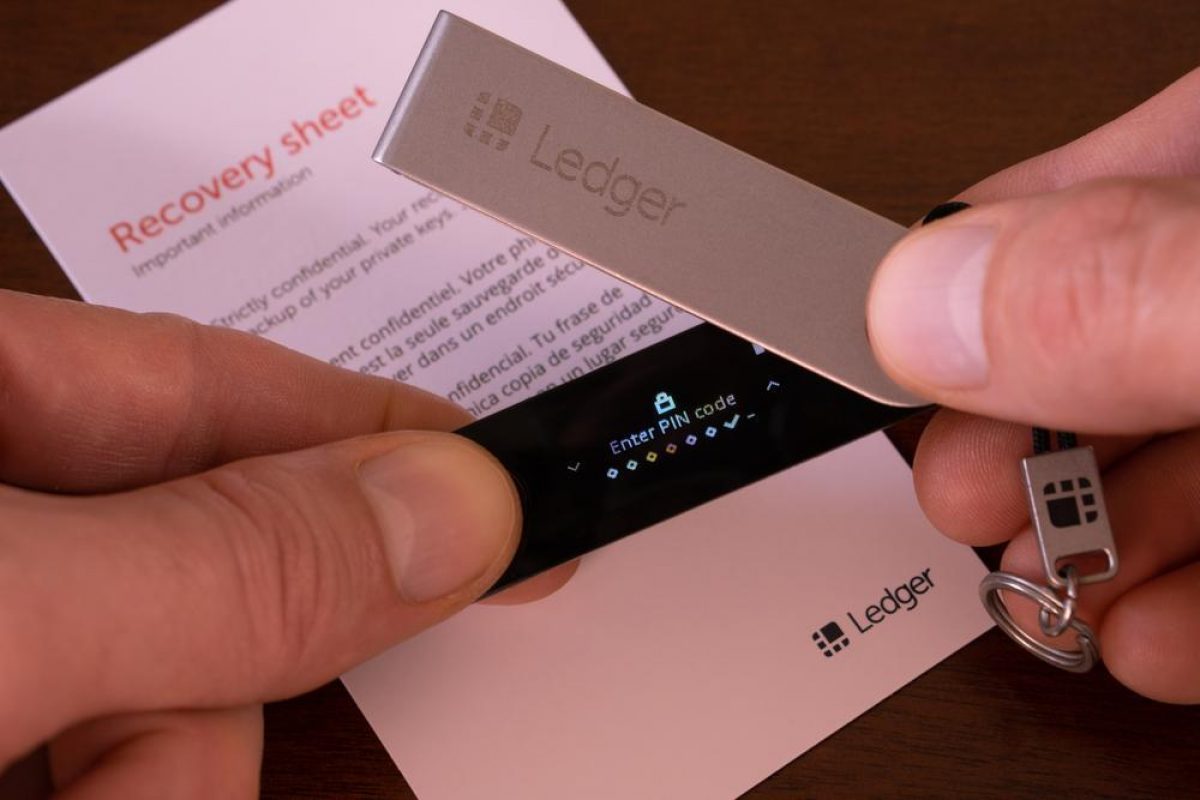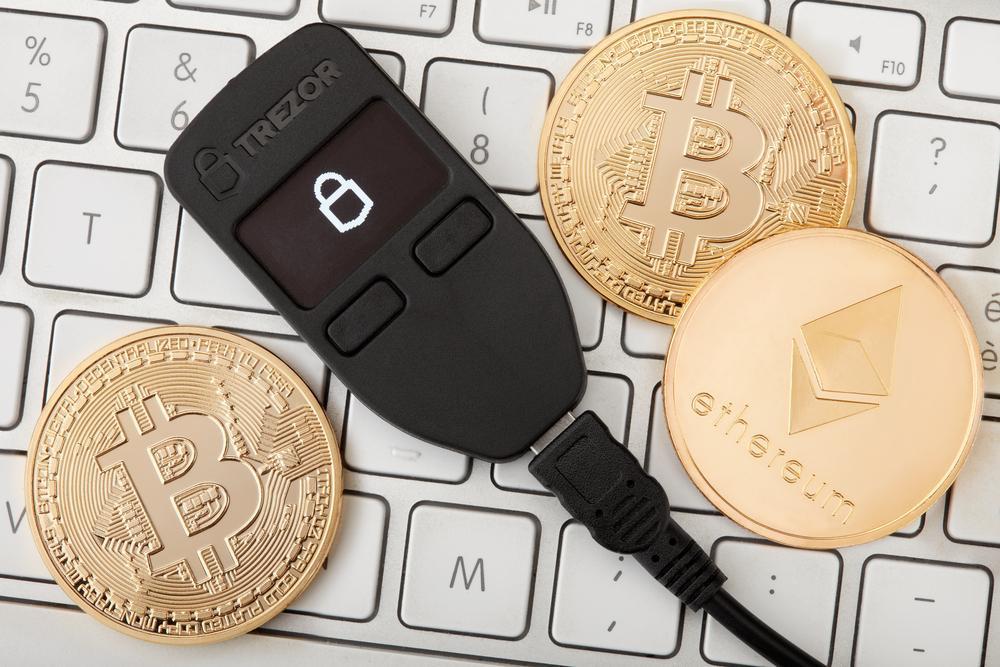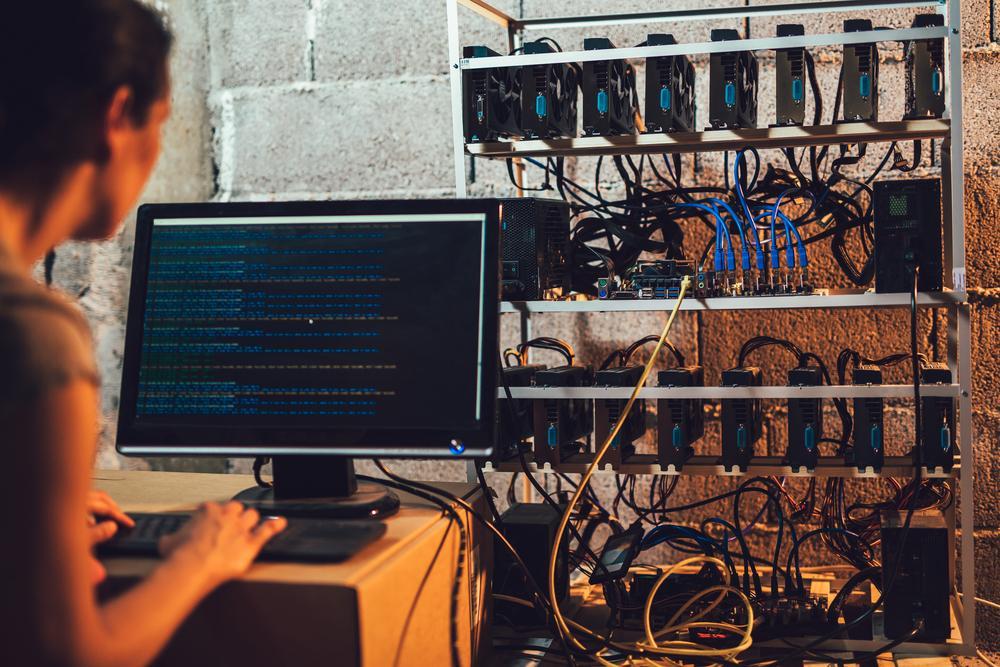In the ever-evolving world of cryptocurrencies, one aspect that requires utmost attention is the security of your digital assets. With the rising popularity and value of cryptocurrencies, it’s crucial to adopt robust practices for storing and safeguarding your holdings. In this comprehensive guide, we will explore various strategies and best practices to help you store your cryptocurrency safely. Whether you are a beginner or an experienced investor, these tips will assist you in protecting your digital wealth effectively.
Choose a Secure Wallet
When it comes to storing your cryptocurrencies, the first step is to select a secure wallet. Wallets can be broadly categorized into two types: hardware wallets and software wallets.
Hardware Wallets
Hardware wallets, such as the Ledger Nano S or Trezor, offer enhanced security by storing your private keys offline. They are physical devices that provide an extra layer of protection against potential cyber threats. Hardware wallets are generally considered the safest option for long-term storage.
Software Wallets
Software wallets, also known as hot wallets, are applications or programs installed on your computer or mobile device. While convenient for frequent transactions, they may be more susceptible to hacking attempts or malware. It’s essential to choose reputable software wallets from trusted sources and keep your devices updated with the latest security patches.
Enable Two-Factor Authentication (2FA)
To further enhance the security of your cryptocurrency holdings, enable two-factor authentication (2FA) whenever possible. 2FA adds an additional layer of verification by requiring a secondary code or confirmation from a separate device, such as a smartphone, to access your wallet or exchange account. This feature significantly reduces the risk of unauthorized access, even if your password is compromised.
Regularly Update Software and Firmware
To stay ahead of potential security vulnerabilities, it is crucial to keep your wallet software and firmware up to date. Wallet developers frequently release updates that address security flaws or introduce new features. By promptly updating your wallet software and firmware, you ensure that you have the latest security enhancements and bug fixes.
Backup Your Wallet
Regardless of the type of wallet you choose, creating regular backups is essential. A wallet backup consists of a copy of your private keys or seed phrase, which can be used to restore access to your funds in case of wallet loss, theft, or damage. Store your backups securely in offline or encrypted storage, away from prying eyes and potential physical hazards.
Diversify Storage Methods
Diversifying your storage methods adds an extra layer of protection to your cryptocurrency holdings. Instead of relying solely on one wallet, consider spreading your assets across multiple wallets or storage devices. This strategy minimizes the risk of losing all your funds in the event of a single point of failure.
Use Cold Storage for Long-Term Holding
If you plan to hold your cryptocurrencies for an extended period, consider leveraging cold storage solutions. Cold storage refers to storing your private keys offline, away from any internet connection. This can be achieved through hardware wallets, paper wallets, or even dedicated offline computers. By keeping your private keys offline, you significantly reduce the risk of cyberattacks or online vulnerabilities.
Practice Caution Online
When engaging in cryptocurrency-related activities online, it is essential to exercise caution. Here are a few key points to remember:
Be Wary of Phishing Attempts
Be vigilant of phishing attempts, where malicious actors try to trick you into revealing your sensitive information. Verify the authenticity of websites and double-check the email addresses or URLs before providing any personal details.
Secure Your Devices
Ensure that your devices, including computers and smartphones, are adequately secured. Use strong, unique passwords and enable screen locks or biometric authentication for added protection. Additionally, install reputable antivirus and anti-malware software to detect and prevent potential threats.
Exercise Caution with Public Wi-Fi
Public Wi-Fi networks can pose security risks, as they may be susceptible to eavesdropping or malicious attacks. Avoid accessing your cryptocurrency wallets or conducting sensitive transactions while connected to public Wi-Fi. Instead, utilize a trusted and secure network to minimize the chances of unauthorized access.
Keep Your Information Private
Be cautious about sharing sensitive information related to your cryptocurrency holdings. Avoid discussing your wallet addresses or disclosing personal details in public forums or social media platforms. Cybercriminals can exploit this information to target you or attempt social engineering attacks.
Educate Yourself
Staying informed and educated about the latest trends, security practices, and potential risks is crucial in the realm of cryptocurrencies. Continuously educate yourself through reliable sources such as reputable cryptocurrency blogs, forums, or official documentation provided by wallet developers. By staying up to date, you can adapt to emerging threats and make informed decisions regarding the security of your assets.
Conclusion
Safely storing your cryptocurrency is of paramount importance to protect your digital wealth from potential threats. By following the strategies outlined in this guide, including selecting secure wallets, enabling two-factor authentication, regular updates, backups, diversification, and practicing online caution, you can significantly enhance the security of your cryptocurrency holdings.
Remember, the landscape of cryptocurrency security is constantly evolving, and it’s essential to stay vigilant and adapt to new challenges. By prioritizing the protection of your assets and implementing robust security measures, you can have peace of mind knowing that your cryptocurrency is stored safely.












